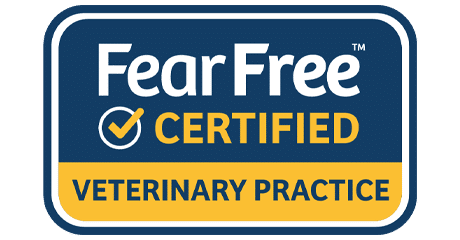WHAT ARE HOOKWORMS?
Hookworms are intestinal parasites that live in the small intestine of puppies, kitens, dogs and cats. These worms have teeth that they use to attach to the intestinal tract and suck blood and other nutrients from the host.
HOW ARE THEY TRANSMITTED?
Infected mother’s can transmit hookworms to their babies while nursing. Infected dogs and cats also release hookworm eggs into the environment through their feces. When other pets are in a contaminated environment they can pick up hookworm larvae in their hair coats and become infected during grooming. Or, hookworm larvae in the environment could penetrate the pet’s skin and travel through the body. Eating stool will also cause infection. If your pet hunts and eats infected animals, such as rodents or cockroaches, they could also become infected.
WHAT ARE THE SYMPTOMS OF PARASITE INFECTION?
Hookworm infection is most severe in young puppies and kittens. A puppy or kitten with a large worm burden can be very serious. The most common signs of infection would be:
- Pale gums
- Dark diarrhea
- Dull haircoat
- Failure to gain weight
- Lethargy
- Coughing
- Red, itchy skin lesions
HOW ARE HOOKWORMS DIAGNOSED?
Hookworms are diagnosed in a fecal sample. Typically your veterinarian will submit a fresh fecal sample to an outside lab that will analyze it for parasite eggs. Adult parasites don’t shed eggs all the time, so often it can be difficult to diagnose intestinal parasites. Routine deworming and checking several fecal samples are recommended in all young puppies and kittens.
HOW DO I PREVENT MY PET FROM GETTING HOOKWORMS?
If your pet is a young puppy or kitten, have them examined by a veterinarian and have their fecal sample examined. All young puppies and kittens should be dewormed by a veterinarian as a precaution. Typically young animals should be dewormed often while they are most suseptible to infection. Adult dogs and puppies 6-8 weeks of age should be given a monthly heartworm and intestinal parasite preventative to ensure that they would be protected from infection in the environment.
IS THIS PARASITE A RISK TO MY HUMAN FAMILY MEMBERS?
Hookworms can be transmitted from animals to people. Usually people are infected when hookworm larvae from the environment penetrate the skin. People may experience itchy skin lesions with a snakelike pattern.
To prevent infection, feces should be removed from the yard as soon as possible. Sandboxes should remain covered until playtime. Gloves and shoes should be worn while gardening.
Please consult with your veterinarian regarding any further questions about hookworm infections.
















Leave A Comment